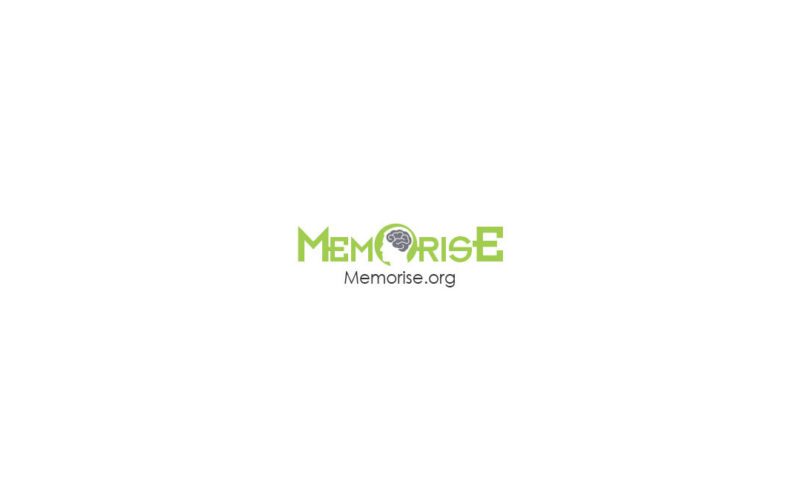In the last two decades, psychologists, psychiatrists, neoscientists and other specialists have tried to seek new approaches to one of the things people have tried to do since time began — how to improve our memory. For centuries different memory techniques have been passed down, and current memory experts are still using them. When used without the aid of modern memory training techniques, however, the ancient ways have been found to be insufficient.
As an example, scientists now know that if the body is in poor mental or physical health no type of memory training is going to work. They have found that the physical condition has as much to do with good mental health as memory training. They also have found that without strategies for the use of external memory aids their techniques will not produce the desired effect.
The Practical Memory Institute offers both traditional and multi-mode methods of memory training, which encompasses practices that have not been addressed before. In the future, memory techniques will include social interaction that will enhance the success of the training. In addition, there are various new pieces of technology that will aid in the enhancement of memory.
Neoscience has found that the memory involves many different areas of the brain, and performance is based on hundreds of different connections and outside influences. With these new discoveries new approaches can be found the enhance memory, and aid the ability to reduce problems and diseases that stem from connections that deviate from the norm.
PMI intends to bring to the public the first comprehensive account of how a person’s overall psychology can affect memory. They hope to provide a wide variety of information as to how new devises can enhance memory, and how people can perform simple everyday tasks that will aid in memory enhancement and development.
Most memory techniques are based on the 2,000-year-old method of loci. Over the centuries, many people have represented themselves as memory experts, some are charlatans and some have valid credentials to affirm their claim.
The first person to come up with a valid method was the poet Simonides on the year 477 B.C. His ability to remember the names of people buried under a collapses roof, minutes after he left the room, from where they were seated came to became known as ‘method of loci,’ and became the basis of most memory training techniques used today. In ancient Greece, the method of loci was regarded as the “correct” way to learn memory techniques. Over the years changes were simply variations on the method of loci technique.
In the 1500s, complicated memory techniques using pegs were developed for members of the royal courts. In the 1600s and 1700s the method of loci was ignored and replaced with the learning of ideas and association. It wasn’t, however, until 1885 when Herman Ebbinghaus did the first experiments on memory. He observed that people were able to retain short lists much easier than longer lists, and that people forgot what they learned very quickly. His findings influenced generations of researchers on memory training.
Freud brought emotion into the equation, suggesting that people forgot information if they were filled with negativity. People were thought to forget because they “repressed” memories that were upsetting.
Health care professionals have weighed in on discussion. With the growing body of knowledge showing different factors that effect brain and memory function researchers have been expanding their search for better techniques. Improving attitude, changing sleep patters, exercising both the mind and the body, your environment and social interaction all have been found to have an effect on memory,
This is Ron White, two-time USA Memory Champion and memory training expert, as well as memory keynote, sharing his thoughts on memory training.
Sources:
Memoryzine.com – Memory Training: The New Approach: http://memoryzine.com/informal-care-givers-are-you-dealing-with-the-memory-impaired/memory-training-the-new-approach-from-pmi/#comment-482
Practical Memory Institute: http://www.thememoryworks.com/about.html



